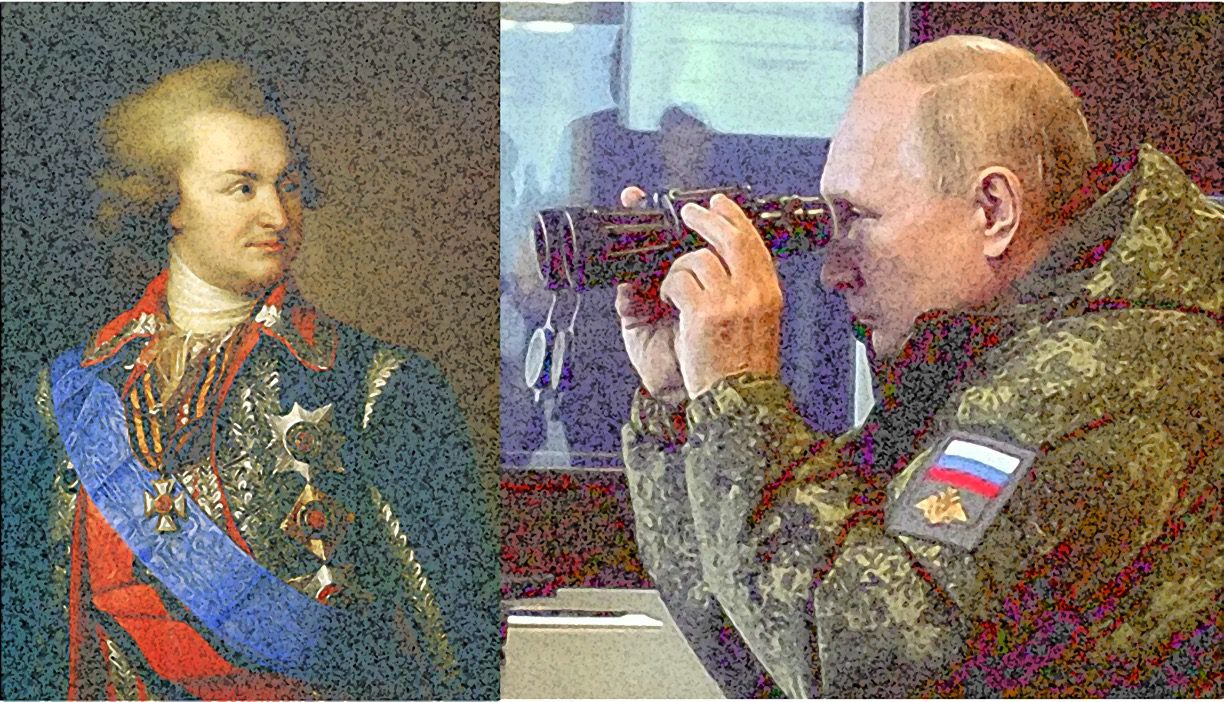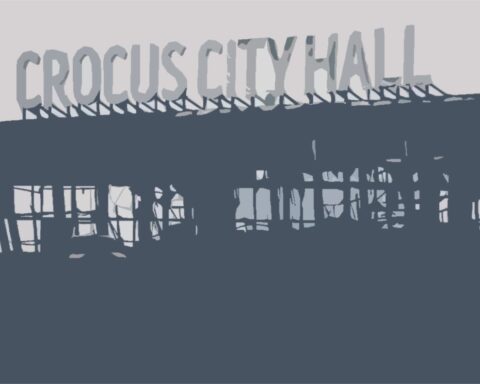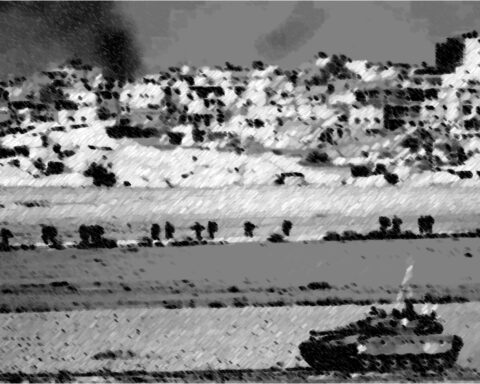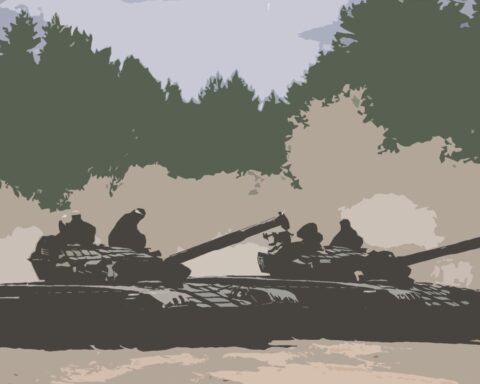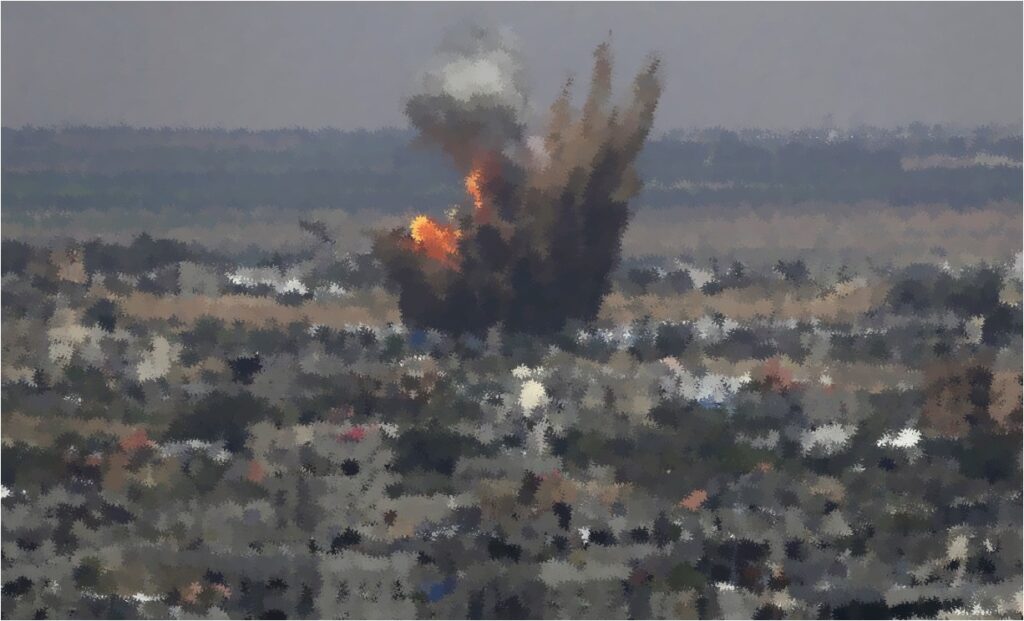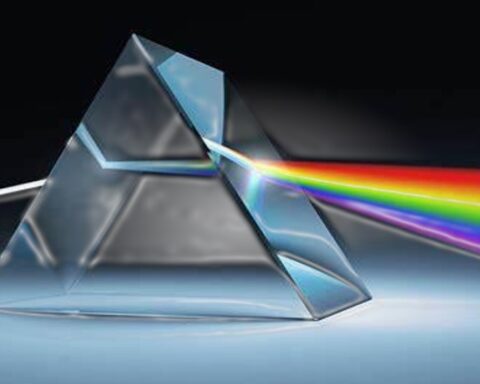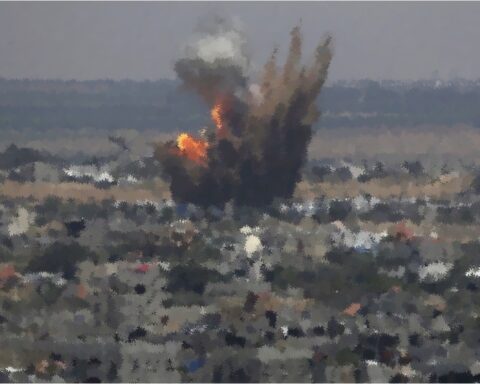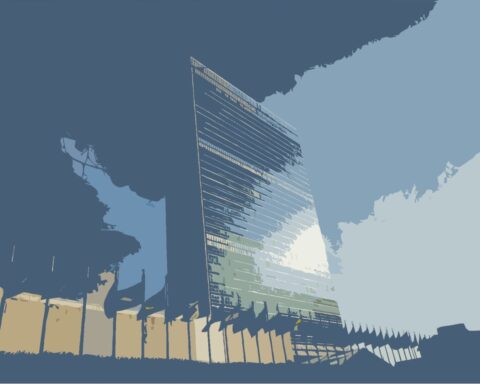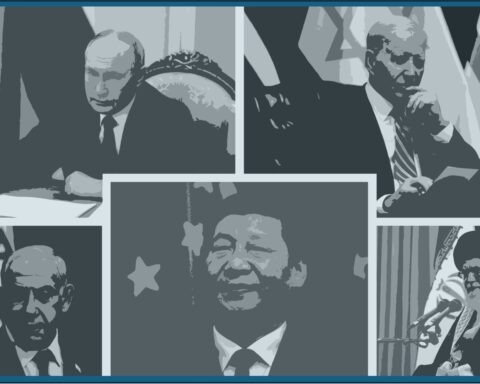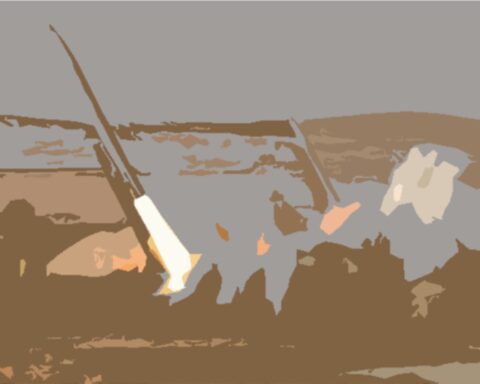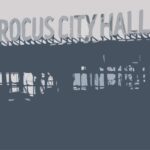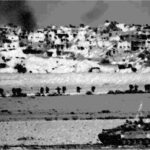Despite all the scientific and technological advancements, the world seems to be slipping into a semblance of the New Middle Ages. Despite experiencing world wars, it is evident that politicians are unwilling to relinquish their occupations. While humanity has achieved a highly advanced culture in organization and system-building, corrupt-minded claimants persist in undermining peace and security worldwide. Despite the most advanced form of democracy being known, the political stage can still find leaders who will exploit everything… We can see this misguided trend. Let’s now delve into what “Potemkin democracy” is with these thoughts.
Grigory Aleksandrovich Potemkin (1739-91) was a famous Russian general and statesman during the reign of Empress Catherine. During the Russian Empire, Potemkin is depicted as a significant figure in the occupation of Crimea (1783) and the war between the Ottomans and the Russians (1787-92). It is said that he was Catherine’s lover. Catherine honored Potemkin with the title of “Prince of the Holy Roman Empire”! Here, signs of Orthodox Christianity are highlighted due to Russian policy. Therefore, Potemkin is called a “Prince”.
The method described as “Potemkin democracy” in Europe may not be widely used elsewhere. Today, this term is more commonly used for politicians in countries governed by democracy but leaning heavily towards populism, and for authoritarian leadership in countries where occasional appeals are made to public vote. For example, it would not be wrong to say “Potemkin-like” when looking at Putin in Russia. Due to populism and certain characteristic similarities, similar attributions can be made to leaders in other countries as well. Unfortunately, similar examples among world leaders are increasing, they are looking at each other and nourishing their powers!
Now let’s look at Potemkin’s character, as this will help us consider what he could do in politics. Potemkin, who was famous during the reign of the Empress but is claimed to be controversial in every aspect, is criticized for laziness, corruption, debauchery, indecision, extravagance, falsification, military incompetence, and extensive disinformation. Those around him describe Potemkin as wasteful. He is especially wasteful, using Russian state resources extravagantly. He loves luxury and splendor. Some, however, describe him as clever, powerful, visionary, courageous, generous, and successful. He is not a military genius, but it is said that he achieved military successes by his aggressive behavior and by effectively utilizing the powers of his time. Scottish John Sinclair says Potemkin had “great talents” but ultimately was “worthless and dangerous character,” which may be a good expression to describe him. Similarly, Semyon Vorontsov says about him, “he had too much intelligence, intrigue, and reputation, but lacked knowledge, application, and virtue.”
From what I understand, Potemkin is such a character: Arrogant, seeing himself as a savior and indispensable, undertaking every task with “foolish courage,” using his achievements primarily for his own fame and personal satisfaction, quickly changing course if things don’t go well, and furthermore saying, “I warned you but this was all I could do, now let’s work together and overcome this situation.”
How can this courtly type of the 18th century be explained today with a “Potemkin democracy”? I think we will continue to discuss such politicians and leaders in the 21st century.
Let’s say there will be democracy and democratic practices in a country, and politicians will prioritize populism, opportunism, aggressiveness, and gaining fame… When these politicians are scrutinized, they will not hide their arrogance and will react to others like megalomaniacs. One sign of a megalomaniac personality is having irrational beliefs about one’s talents, qualities, and lifestyle. So, the deviant beliefs of such policies will create a disorder. Essentially, they will lack imagination and ethical values, but will constantly talk about saving the future and preach deep morality. They will seize every opportunity to garner votes from the people. They will easily exploit what should be in a democracy both among the people and in the functioning of the state to gather votes and strengthen their authority. They will effectively use the media, propaganda, and perception management to constantly elevate their status. They will distance the state and institutions from democracy but will constantly refer to electoral democracy. They will create large masses sustained by social assistance from the state treasury. They will obtain revenue not from the rich and corporations but mostly from consumption. They will put forward alternative ideas to the global economic system. They will lean on the oligarchy…
All of this may seem like exaggerated words to you, but let’s not forget the possibility of creating representatives of its own culture at the end of this course. That’s why I mentioned the New Middle Ages (the neomedieval era) at the very beginning. Let’s not be surprised if its leaders are somewhat exaggerated from what is known. Some of today’s leaders may facilitate the emergence of leaders who will “pose challenges” to the development of humanity.
It is because of these and similar political attitudes that leaders like Putin are constantly criticized today.
In fact, in European politics, there is even an expression called “Putinization”. Look at Putin: the annexation of Crimea in 2014, the initiation of a comprehensive invasion of Ukraine in 2022, the defense of the idea that Europe is “nothing” without Russia’s protection, constantly mentioning Nazism, extensively explaining the ideas of “Russian Empire” through media tools, asserting “world leadership” to sympathizers, threatening the world with constant nuclear war… Such policies are seen as synonymous with Potemkin’s political stance. However, Putin advocates authoritarianism, not the development of democracy and humanity. Putin may argue that Russia is “indispensable” in his own view, but it doesn’t stop there, he implies, “If Russia wants, it can discipline you.”
In fact, people in the world cannot expect to learn democracy and develop from leaders like Putin or Xi, can they? However, if leaders have authoritarian and populist characteristics, then the idea of developing through democracy will suffer the most. What people need is to be able to further develop through American democracy, to become even more advanced individuals through democracy.
Today, politics is in a tumultuous atmosphere, like raging oceans and raging storms… In this situation, we may need to look more carefully at every point in the world. One visible point is that such leaders and politicians contribute to the rise of the extreme right. In fact, a term called “crypto-fascism” is also put forward in this regard. Of course, fascism is dead, but the threat of the right-wing leaning towards hardness to democracies in the world with such new terms is also an issue that cannot escape attention. Because in the thought of democracy, as long as laws and human rights are followed, there should be a place for various thoughts. However, extreme right-wing ideas that can develop within democracy and hide themselves (crypto) will eventually harm democracy and the people themselves by seizing power over time, and here the great influence of populism is also evident.
Imagine if the main actors become a kind of Potemkin and other leaders under their influence want to be like them, what will the world become in this atmosphere? On one side, all kinds of flashy and pointed events will be staged, while on the other side, there will be wars, conflicts; and we will be grateful for existing democracy, political structures, and understandings!
What humanity definitely needs is not the proliferation of arrogant and populist figures like oligarchs, authoritarian rulers, and personalities who only know how to work for themselves like Potemkin. Such leaders and politicians highlight oppression and distortions within democracy and foster the development of unwanted tissues in society. People need leaders and politicians who know how to develop within democracy.
